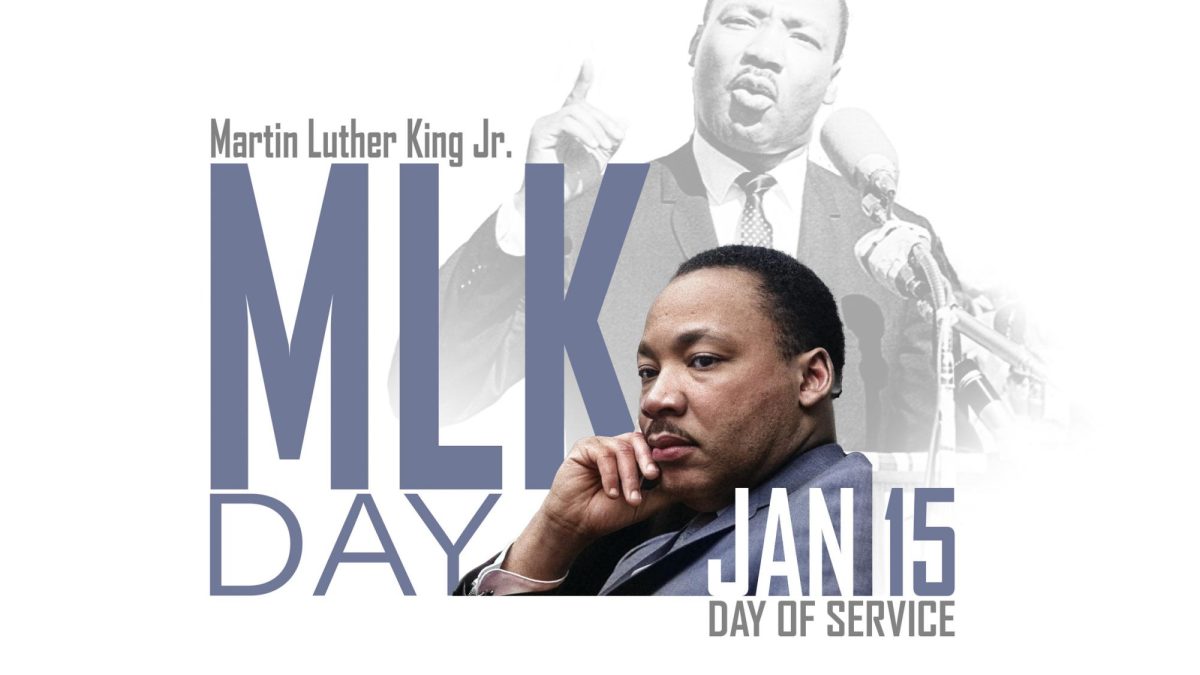School lunch debt across the country is reaching the highest levels it’s ever been. Students, Elementary through high school, are being threatened with debt for simply trying to eat a meal at school. Free lunches for all students, regardless of price, have already been pledged by Multiple states; it’s time Missouri does the same.
Putting children in debt is not only bereft of morals on its own, It discourages students from getting lunch, which means going hungry, affecting their mood and performance.
The question of whether or not schools should give free lunches to students is often overcomplicated. The real question is: do we spend money to feed our students? The most common argument against universal free school meals is the monetary aspect. It’s understandable at first; it would cost more money. The problem with this argument is that it ignores the morals; it strikes at the wallet. Money is a contentious topic, so making free meals seem like any other public spending question betrays the levity of it. A realization must be made that there is a big difference between spending thousands of dollars on a new park and spending thousands of dollars on feeding our students.
Six states have already implemented universal free meal programs and multiple others are introducing bills to do so. Individual school districts have little to no power to make this change if they are not supported by their government, state or federal. Over the 2020-2022 school years, when lunches were free, the Mehlville School district received full reimbursement of the lunch prices from the Federal Government. The Director of School Food & Nutrition Services, Katrina Gegg, identified cost as the main and sole reason that Mehlville School District cannot offer universal free lunches. She stated, over email, that the amount of money received from the federal government currently “ would not be enough to cover all program costs (food, supplies, labor).”
We know this program was able to help students and their families, because of the difference in lunch participation. With paid lunches about 43-45% of students get their lunch from school, and with the federal funds over COVID covering lunch costs 63% of students got school lunches. There is a 20% difference in lunch participation between years with free lunches and years with paid lunches. It shows that 20% of students in the Mehlville School District would like to get lunches from school, but do not because of the cost.
Students who don’t qualify for free lunches, but still cannot afford to pay for lunch every day, aren’t likely to be able to afford to bring a lunch from home either. Assuming so is sticking the problem on them and their family. Currently in in Missouri, to qualify for free lunches, a family has to be making at or below 130% of the federal poverty level. The federal poverty level for a household supporting five people is only $35,140 per year, but it can be as low as $19,720 for a house of two. That means that a family of five making just over $45,682 annually does not qualify for free meals.
Empower Missouri advocates for all households to receive lunches for free. They have been following and supporting multiple bills that aim to do just that. SB321 plans to create a “Universal School Meals Fund” through which schools will receive reimbursement for lunches. SB321 also guarantees that any student receiving this aid will not be differentiated or stigmatized in any way – another way in which our current system fails.
All students need to eat, and with paid lunches, some aren’t. Free lunches should be a priority not just within Mehlville, but within Missouri, or even the country.










